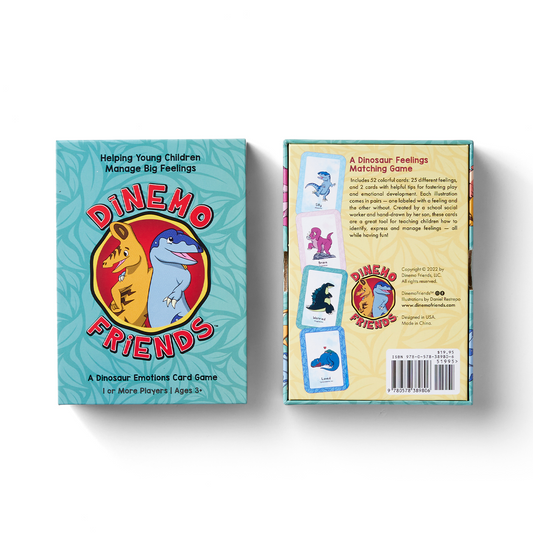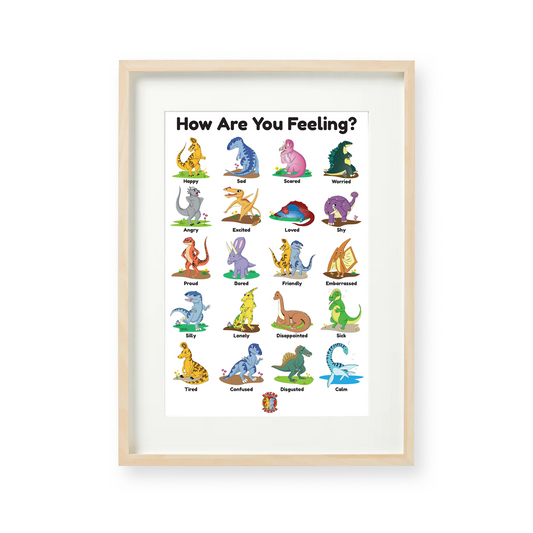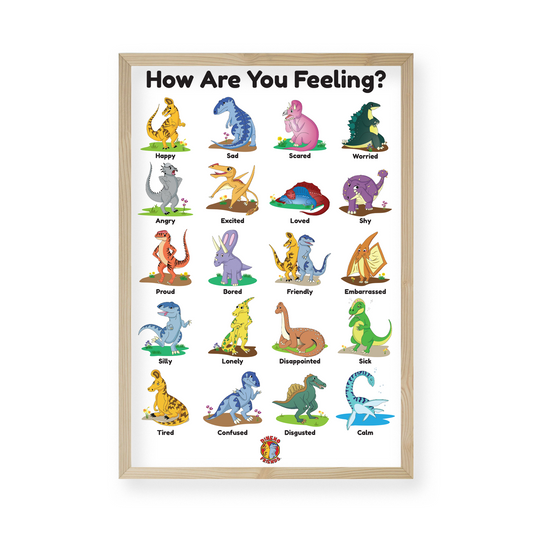Using Positive Intent in Stressful Situations
It was years ago in December, when one of my children was having a particularly difficult day -what some might call a meltdown. They were overwhelmed with too much going on around them. As happens often, when one family member is having a difficult day, everyone else was trying to cope around the meltdown. Out of earshot of the child having a hard time, and to reassure the other kids, we told them not to worry because their upset sibling was probably “just excited for Christmas.” Then just like that, miraculously, everyone nodded in agreement and relaxed.
From that moment on, as a family, we began to use the phrase, “They are probably just excited for Christmas,” anytime we saw anyone out in the world having a hard time. We thought it was a great- albeit funny way, to reframe everything around us. Someone in traffic cutting people off and speeding? They were just excited for Christmas. Someone being rude waiting in line? They were just excited for Christmas. Someone in a foul mood around us? They were just excited for Christmas. Sometimes it was silly, often it was funny, but it always took the edge off tense situations.
“To change challenging behaviors, challenging children need someone to see them differently. That is our job, and we can accomplish it with the Power of love and the Skill of Positive Intent.” - Dr. Bailey
As hilarious as it was, I began to think more about our newfound family strategy to deflate tense situations. The truth was, that although the holidays can be a joyful time of the year for some, for just as many, it can be stressful and anxiety-provoking. Our family phrase might have coincidentally come in December, but perhaps we were not that far off thinking that managing feelings and reactions to others had something to do with special times of the year.
Upon deeper reflection, it also reminded me of what many experts say about the concept of positive intent. Positive intent is looking at another person’s behavior and assuming that at that moment, they are doing the very best that they can. In doing this this, it also means we do not take things personally. In doing so, positive intent also benefits both the giver and receiver. This is especially true when we think about our response to our child’s behavior, as well as how we teach them to respond to others.
Dr. Beck Bailey, renowned educator, and creator of the program Conscious Discipline writes about using positive intent both when we talk about children’s behavior, well as when we help children learn to “see the best in others.” Dr. Bailey writes, “to change challenging behaviors, challenging children need someone to see them differently. That is our job, and we can accomplish it with the Power of love and the Skill of Positive Intent.” When we try to respond to behavior with calm, openness and understanding, it makes the ability to ride the storm of a difficult moment possible.
Humor can also be a valuable tool to diffusing a difficult situation, much the way my family uses the phrase “just excited for Christmas,” to label outrageous behavior. However, it is important to keep in mind that humor should never be used to discount or minimize a child’s feelings. Children’s feelings are as real as those of adults. Nonetheless, we can model using humor in front of children when we are talking about managing our own difficult feelings. It might even help to relieve our own stress.
Humor should never be used to discount or minimize a child’s feelings. Children’s feelings are as real as those of adults.
Whether or not you find yourself celebrating this holiday season, or any other time with to-do lists or high expectations and challenging behavior, we invite you to pause, and give others the benefit of the doubt. Make an effort to look for more information than meets the eye. Try it! You might just find that using kind humor and positive intent is the best gift you can give you and your child this year.





